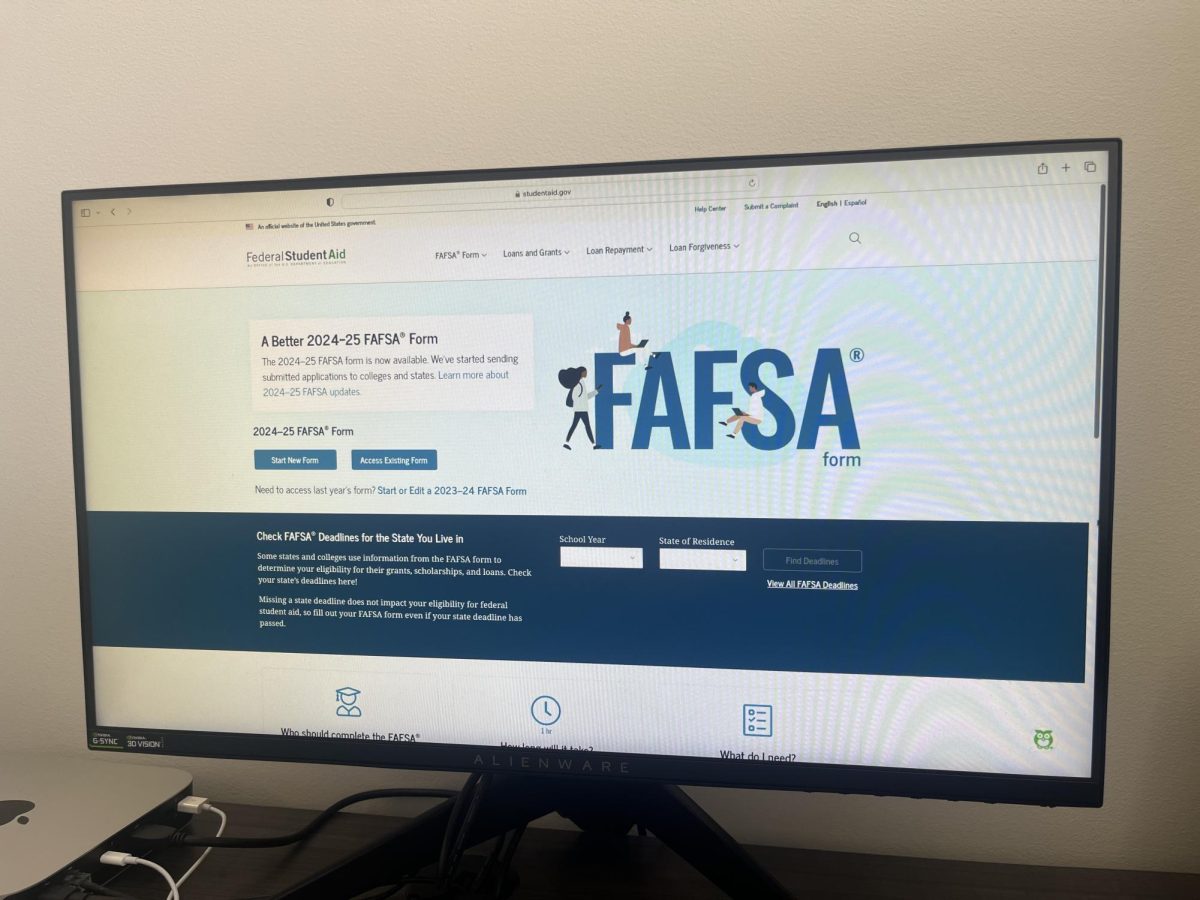Spring is upon us. It is a time for going out, vacations and concerts. During this time, we want to ensure the safety of ourselves and our friends, especially when alcohol is involved. Many women live with the fear of violence, especially sexual violence, when going out.
Abigail Ross, a campus advocate who works at YWCA Sexual Assault Crisis Service, said, “Fear is natural. Knowing the number of women who experience violence and the threat of violence is scary. It’s important to talk about and that you are not the only one who is scared. Many women experience fear due to a past trauma or the fear of experiencing a trauma.”
But this fear shouldn’t stop women from living. Ross said, “You don’t want to ever focus on how not to be raped. The survivor is never responsible for their oppressor’s choices.”
“Women should be able to have fun and not be violated,” said Olivia Needham, a SACS Campus Advocate.
When alcohol is involved, survivors of assault may receive higher levels of shame or blame. The first way to fight against this stigma is to acknowledge when alcohol is involved, and it is not the survivor’s fault.
“When you drink, you may deserve a hangover, not an assault. This form of rape culture makes survivors believe they are to be blamed, which is untrue,” Ross said.
From a young age, women are taught about violence, and most of the time, this education puts the responsibility of preventing assault on women, which is unfair because the responsibility should always be on the person committing the assault.
First, it’s crucial to receive proper education about consent. Understanding what consent means and what it looks like in practice is essential.
“We ask for consent in everyday life. It does not have to be made complicated. Yes means yes, no means no. Consent is given freely and can be taken away at any time. You do not need to give justification for why,” Ross said.
“Active communication is an important part of consent. When you are intoxicated or incapacitated by drugs or drinking, you can not give consent,” Needham said.
It is also essential to watch out for others. When you see someone acting inappropriately, intervene. There are multiple ways to do so.
“There are many ways to step in,” Ross said. “You can be direct, telling the person to stop. I know what you’re doing. You can distract the person, so they leave the other person alone. Like going up to the person you are worried about and asking them to get something with you. You can delegate where you get someone else to help you intervene. Or delay when you feel safe, go up to the victim and ask if they are okay.”
When in doubt, trust your instincts. Ross said, “It is empowering to be able to trust your instincts.” It is a natural way for your body to communicate that something is not right here.
Know your resources. When something doesn’t feel right, you can call the YWCA hotline at 860-505-0469 for English or 1-888-568-8332 for Spanish. It is open 24 hours a day, free, and confidential. It is also not affiliated with the school, so there is no fear of bias. Title IX is important to know for assaults that occur on campus. To learn more about Title Nine, contact the Office for Equity & Inclusion at 860-832-1652. It’s important to be empowered with education to enjoy the most of the season.





